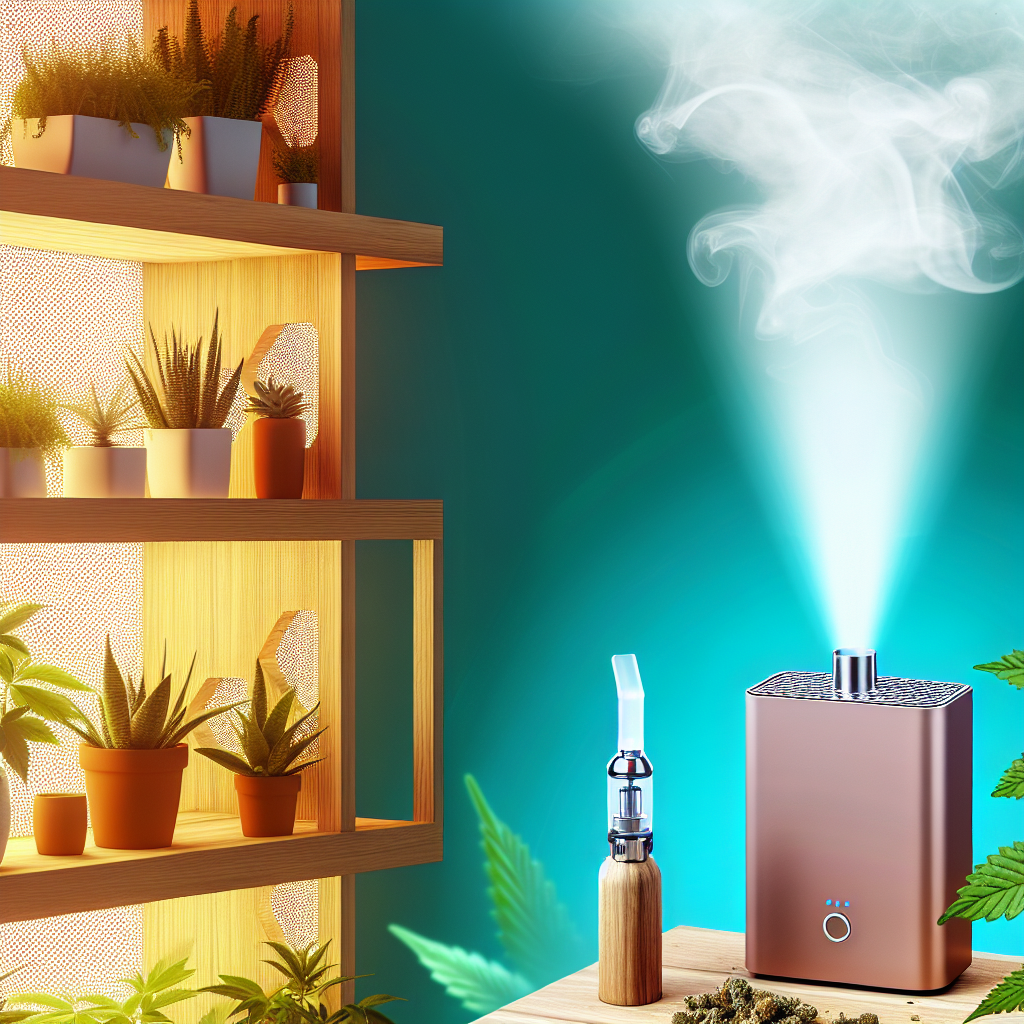Integrating Functional Mushrooms: Developing Protocols for Combined Reishi and Cannabis Use
Introduction
The evolving health and wellness landscape is continuously spotlighting ancient botanicals and fungi through the lens of modern science. Among the most promising combinations in holistic therapy are cannabis and functional mushrooms—most notably Reishi (Ganoderma lucidum). Revered for centuries in Traditional Chinese Medicine as the “Mushroom of Immortality,” Reishi has long been used for its adaptogenic and immune-modulating properties. Similarly, cannabis has shifted from stigma to scientific validation, particularly for its anti-inflammatory, analgesic, and mood-stabilizing effects.
The pairing of these two powerful agents represents a new frontier in integrative wellness. While both Reishi and cannabis have distinct bioactive compounds and mechanisms of action, their synergy may yield amplified therapeutic effects. Some wellness experts, including clinicians and extraction specialists, are experimenting with dual formulations that mix cannabinoids (like CBD or THC) with Reishi extracts to help manage stress, support immune health, and promote balance in the body.
However, successful integration means more than simply mixing ingredients. It involves careful planning—knowing the right dosage ranges, potential interactions, and patient-specific variables. With incomplete research and a growing sea of anecdotal data, professionals must navigate this dynamic space cautiously but with optimism. As our understanding of the endocannabinoid system and functional mushrooms improves, combining these substances in evidence-based wellness protocols becomes an increasingly viable and promising option.
Features and Scientific Findings
Evidence for both Reishi mushrooms and cannabis as therapeutic agents is extensive—but research into their combined use is still developing. Each has well-documented anti-inflammatory, immunomodulating, and anti-stress properties. These overlapping benefits present a strong case for synergistic formulations.
Reishi’s potency comes from bioactives like triterpenoids, polysaccharides, and peptidoglycans, which are known to reduce oxidative stress, enhance liver function, improve sleep, and modulate immunity. A study in the journal Phytochemistry outlines how these compounds may aid in treating neurodegenerative diseases and help manage chronic inflammation. [Read the study](https://www.sciencedirect.com/science/article/abs/pii/S0031942217302801)
Cannabis, especially CBD (cannabidiol), works through the endocannabinoid system (ECS), influencing mood, pain perception, and inflammatory responses. A 2018 paper in Frontiers in Immunology confirms cannabinoids’ ability to suppress immune system overactivity, which is promising in combination with Reishi. [Explore the article](https://www.frontiersin.org/articles/10.3389/fimmu.2018.02009/full)
Both agents modulate the body’s reaction to stress hormones like cortisol, offering enhanced anti-anxiety and sleep-improving effects. Their respective mechanisms—for example, COX-2 pathway inhibition by cannabis and TNF-α suppression by Reishi—align for treating autoimmune and inflammatory disorders.
In oncology, both are gaining traction. Reishi extract was shown to improve immune function and quality of life in cancer patients in a study published in the Journal of Medicinal Food. [Read the trial](https://www.liebertpub.com/doi/10.1089/jmf.2004.7.371) Cannabis is routinely used to alleviate symptoms like chemotherapy-related nausea, pain, and insomnia. Combining both may offer compounded symptom relief and immune resilience during treatment.
Reishi also appears to protect neurons from oxidative damage, similar to cannabinoids like CBD and CBG, which are being researched for slowing Alzheimer’s and Parkinson’s disease progression.
Though formal clinical studies on co-administration are minimal, existing findings build a case for the cautious development of integrated protocols. Cross-disciplinary studies are needed to refine dosage standards, define safe usage, and match patient profiles to personalized treatments.
Formulating and Developing Combined Use Protocols
Designing protocols that combine Reishi and cannabis requires strategic planning. Start by identifying patient goals—such as stress mitigation, immune enhancement, or cancer support. Next, tailor the formulation and dosage based on variables like age, weight, metabolism, and existing medical conditions.
Examples include dual-extract tinctures containing full-spectrum hemp combined with hot-water and alcohol-extracted Reishi. Microdosing protocols are often safer for beginners, letting the body acclimate gradually and minimizing possible side effects.
Clinicians must also screen for contraindications, particularly in patients taking immunosuppressive drugs or blood thinners, as both mushrooms and cannabis can affect hepatic metabolism and enzyme pathways like CYP450.
Patient education is central to success. Consumers need clear instructions on usage, expected responses, and how to source high-quality, third-party tested extracts. Encourage journaling, utilize functional lab testing where applicable, and conduct regular check-ins to refine protocols. This approach ensures better adherence and long-term outcomes.
Conclusion
The intersection of two ancient healing systems—functional mushrooms and cannabinoid therapeutics—offers a compelling paradigm shift in holistic medicine. With careful formulation and patient-specific protocols, Reishi and cannabis may deliver synergistic benefits that neither can provide alone. Stress reduction, immune resilience, inflammation control, and even symptom mitigation in complex diseases like cancer are promising arenas for this combined therapeutic approach.
As scientific backing grows, so should clinical and commercial applications. However, safety, personalization, and continuous education remain paramount. The future lies in informed integration guided by research, collaboration, and real-world data.
Concise Summary
Combining cannabis and Reishi mushrooms offers a groundbreaking path in holistic wellness. Both exhibit anti-inflammatory, immune-boosting, and stress-relieving effects. When thoughtfully combined, they may enhance treatment for conditions like cancer, insomnia, autoimmune disorders, and neurodegeneration. Early evidence suggests promising synergy, but clinical professionals must tailor protocols to individual needs, monitor interactions, and educate patients. As research into the endocannabinoid system and functional fungi deepens, integrated therapies may unlock more powerful outcomes than either component alone.
References
– Phytochemistry: Bioactive compounds in Reishi mushrooms and their biological effects
– Frontiers in Immunology: Cannabinoids and immune modulation
– Journal of Medicinal Food: Effect of Ganoderma lucidum on quality of life in cancer patients
– NIH: Cannabis and Cannabinoids (PDQ®)–Health Professional Version
– Journal of Ethnopharmacology: Synergistic effects of herbal compounds
Visit for more insights: bluntys.com




